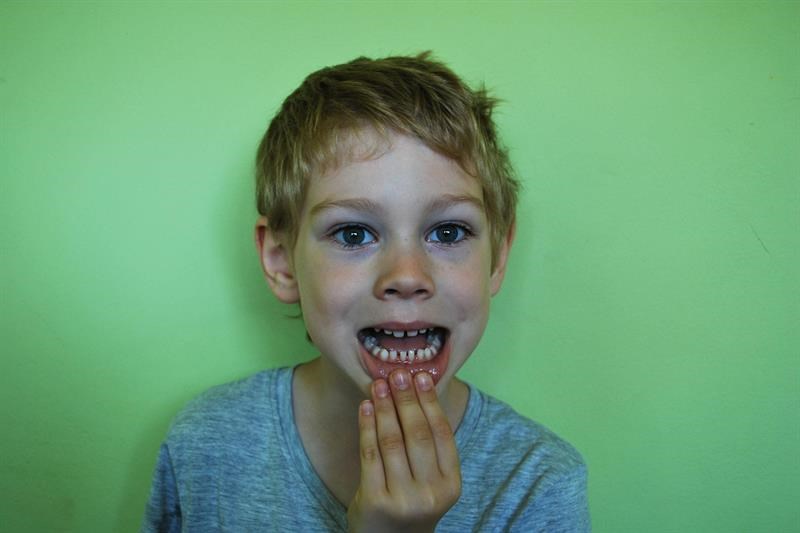Call for national effort to ‘stop the rot’ on child tooth decay
Published: 24/09/2020
Rotting teeth remain the leading cause of hospital admission among five to nine year olds, new figures reveal.
Although there had been a slight fall in admissions on the previous year, there were still more than double the number of children (23,529) undergoing hospital treatment for tooth decay, than for the second most prevalent cause, acute tonsillitis (10,359).
The figures cover a period almost entirely before lockdown, from April 2019 to the end of March 2020.
Since April 2012, over 350,000 young people have been admitted to hospital with tooth decay, of which 57% were aged between five and nine.
Public Health England’s most recent Oral Health Survey of Five Year Old Children showed that across England as a whole 23.4% of five year old children had visible decay.
Dentists are now calling for ‘a renewed national effort’ to reduce tooth decay in children, including by:
- Urgently identifying a ‘new home’ for oral health work, in the wake of the abolition of Public Health England
- Extension of the successful ‘Soft Drinks Industry Levy’ to milkshakes and other sugary milky drinks
- introducing a national supervised tooth brushing scheme in England, based on the successful ‘Designed to Smile’ programme in Wales and ‘Childsmile’ scheme in Scotland.
The Faculty of Dental Surgery at the Royal College of Surgeons of England says this renewed focus on children’s oral health is now critical, after a period when dentists could not carry out routine check-ups.
Commenting, the Faculty Dean, Mr Matthew Garrett said: 'These latest figures show a welcome decrease of about 8% on 2018/19 in the number of five-nine year olds going into hospital for tooth decay, but the numbers are still far too high. These are avoidable admissions and more needs to be done to stop the rot in advance.
'It is likely that lockdown will have had a damaging effect on children’s oral health too, with reduced access to routine dental treatment, and disrupted routines which could undermine tooth brushing habits.
'At the moment oral health has been left out in the cold with Public Health England having been scrapped, without replacements for all its functions.
'We look forward to working with government to resolve this, and we are seeking a renewed commitment to sugar taxes and supervised brushing. Only these measures will bring about a radical reduction in the number of children suffering from preventable tooth decay.'
However, according to the BritishSociety of Paediatric Dentistry (BSPD), the current number of specialists in paediatric dentistry is insufficient to meet the oral health needs of children and young people.
It believes more specialists and consultants are required as well as training in enhanced skills in paediatric dentistry for General Dental Practitioners (GDPs).
BSPD spokesperson Claire Stevens said: 'COVID-19 has deepened the challenges faced by the dental profession. Post lockdown, dental treatment has been successfully restarted, yet there is an estimated reduction in capacity of 50-65% due to essential measures to minimise the risk of viral transmission and protect staff and patients.
'Sadly, the number of children requiring hospital-based treatment caused by dental decay is going to remain constant as we have no choice but to anaesthetise very young children who need extensive restorations or extractions.”
'However, at the same time as ensuring we have the workforce to carry out these treatments, we also need prevention programmes to help families rethink children’s diets and reduce sugar consumption. We would like to ensure that all children are regularly brushing their teeth both at home while the very young should experience supervised toothbrushing programmes in early years settings. The evidence shows that such schemes deliver an excellent return on investment.'
Dr Stevens added: 'We would like to encourage all local authorities with areas of high dental need to introduce water fluoridation schemes. 45% fewer children aged 1 to 4 in fluoridated areas are admitted to hospital for tooth decay than those in non-fluoridated areas.
'Following on from its excellent green paper on prevention, we would like to see the government delivering on its commitment to extend oral health interventions, supported by all organisations involved in the care and wellbeing of children and young people. Children’s oral health is everybody’s business.'
Author: Julie Bissett









